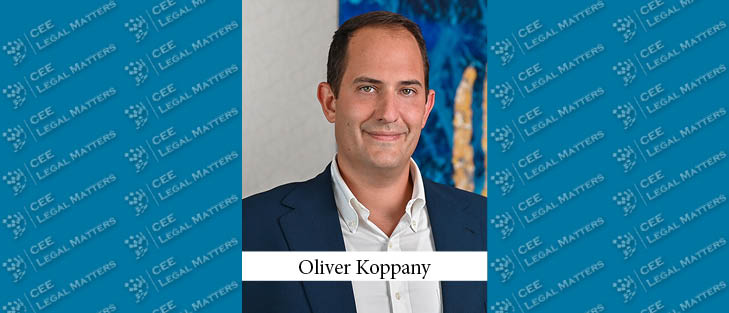I am not a political expert, but I grew up in Hungary and the United States and have always focused on both countries' policies and political climates. These opinions are based on what I have seen over the past ten-plus years of living between our countries and the policies we have seen from Harris and Trump (either spoken or acted). Both candidates have notable implications for Hungary's relationship with the United States. It could impact NATO dynamics, visa policies, and economic agreements. Each candidate offers distinct approaches that could affect Hungary’s foreign policy and its alignment within Europe.
With a Harris win, we would likely see a continuation of the Biden administration’s approach of maintaining a unified NATO, reinforcing collective security, and deterring Russian influence in Eastern Europe. Harris is expected to support efforts to strengthen NATO’s regional presence, keeping Hungary aligned within NATO’s collective defense framework. Her administration would likely encourage European allies, including Hungary, to increase defense spending and support NATO’s shared security goals. This approach would prioritize alliance unity, but Hungary might feel pressure to align more closely with U.S.-backed defense strategies.
Trump’s approach to foreign policy has been more skeptical of NATO, viewing it as financially imbalanced and overly reliant on U.S. resources. If he returns to office, his administration might pursue policies encouraging European allies, including Hungary, to assume more defense responsibilities while reducing American military commitments. This would offer Hungary more flexibility to pursue its foreign policy strategies, though it may also place increased expectations on European allies to address their regional security independently.
Hungarian citizens must apply for a new ESTA visa for each trip to the United States, as the visa has become single-use for Hungarian citizens in recent changes.
A Harris-led White House would likely maintain the current ESTA visa waiver program, which allows Hungarian citizens relatively simple travel access to the U.S. Still, it would likely maintain the current single-use requirement, aiming to uphold consistent standards across the Visa Waiver Program with heightened security measures.
Although Trump generally favored stricter immigration policies, the Hungarian visa policy would likely be a special case if Trump is re-elected, possibly reversing the one-time-use rule, which would allow Hungarian citizens more straightforward access for multiple visits. While Trump has traditionally emphasized border security and rigorous immigration control, the restrictions on Hungary’s ESTA access could be revisited in line with his bilateral approach, potentially easing travel barriers.
Economic issues are also at stake, especially with the recent termination of the U.S.-Hungary double taxation treaty. This treaty had previously allowed citizens of each country to avoid paying taxes twice on income earned across borders, facilitating cross-border trade and investment. The treaty’s end under Biden now places a more significant tax burden on Hungarians working or investing in the U.S., complicating bilateral business relations.
A Harris administration might consider revisiting this treaty, though a renewed agreement would likely come with conditions related to democratic governance and economic transparency. Harris’s focus on aligning economic agreements with governance standards could emphasize the rule of law, affecting the terms of any renegotiation.
Conversely, Trump’s economic pragmatism could lead him to negotiate a streamlined, governance-neutral economic arrangement, likely focusing solely on trade and investment efficiency. This could facilitate smoother business operations for Hungarian firms in the U.S. but may introduce regulatory discrepancies between Hungary’s EU obligations and U.S. agreements, especially if Trump pushes for policies favoring the U.S. over the EU economic practices.
The outcome of the 2024 election will shape Hungary’s diplomatic strategy, particularly within NATO and regarding U.S. relations. A Harris administration would push Hungary to align more closely with NATO’s collective defense and shared security goals, fostering continuity and stability in Europe’s security framework. Her administration would likely emphasize multilateral cooperation, aligning economic and defense policies with democratic norms and potentially introducing conditionalities on economic agreements.
In contrast, a Trump presidency would offer Hungary more autonomy, favoring bilateral agreements that could allow Hungary to prioritize its independent foreign and economic policy goals. However, this approach would come with increased expectations for Hungary to take on more regional defense responsibilities. This shift could alter Hungary’s reliance on NATO for regional security.
As the election nears, the race remains close, with each candidate set to impact U.S.-Hungarian relations significantly. Whether Harris or Trump wins, the next four years will likely bring substantial shifts in diplomatic, economic, and security ties between the two nations. Both candidates bring distinct approaches that could redefine the future of U.S.-Hungarian engagement, making this election pivotal for the relationship's direction and priorities.
By Oliver Koppany, Foreign Legal Counsel, Jalsovszky
















